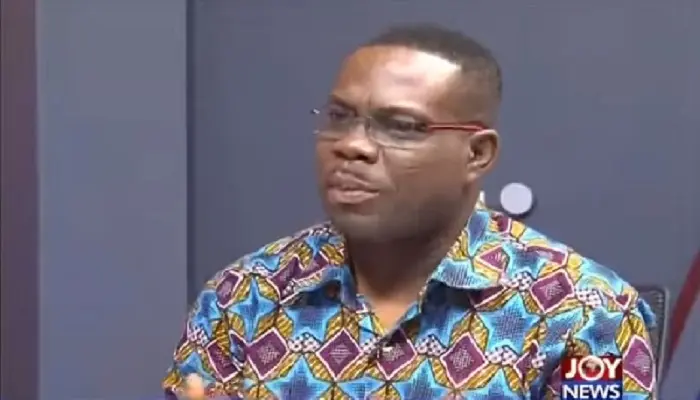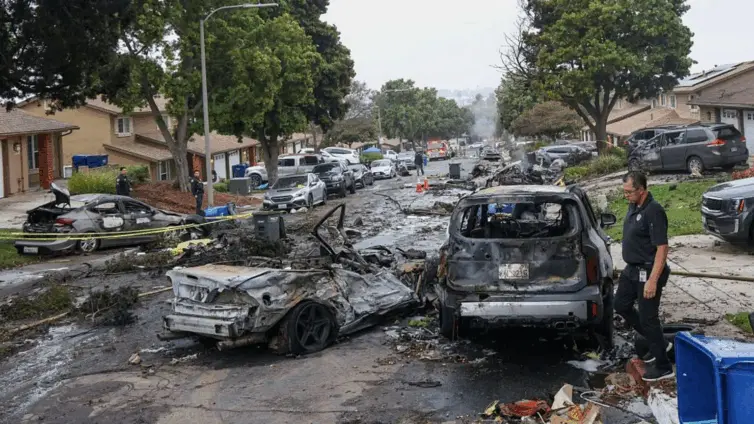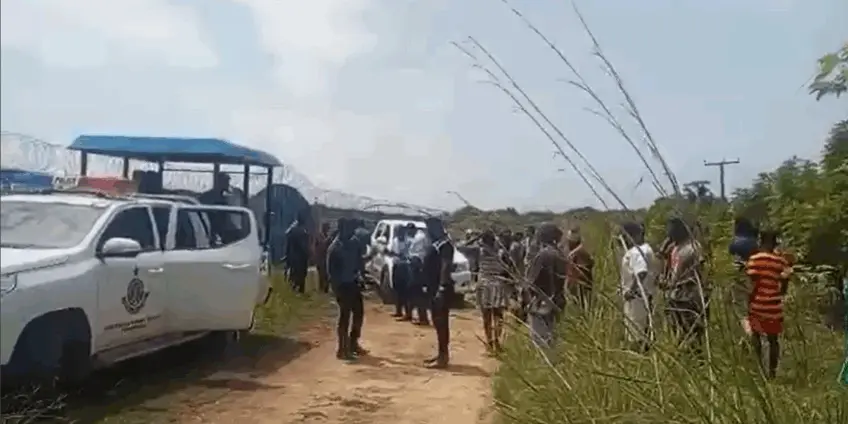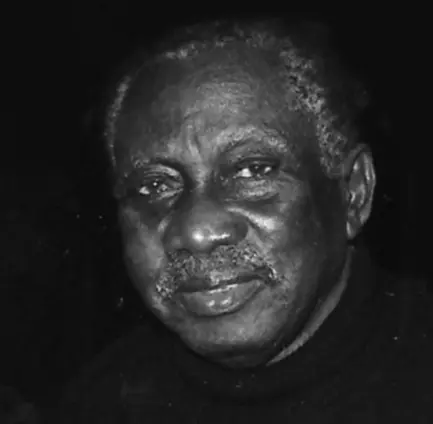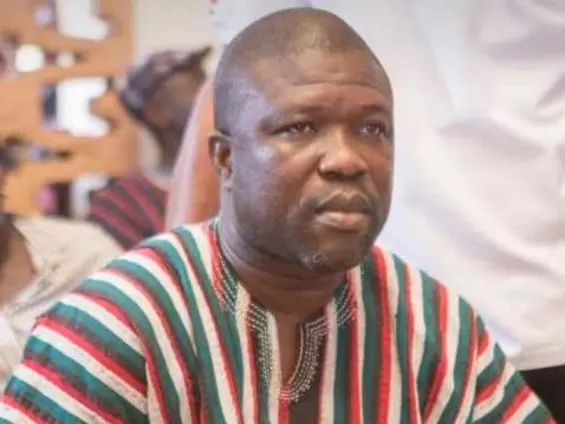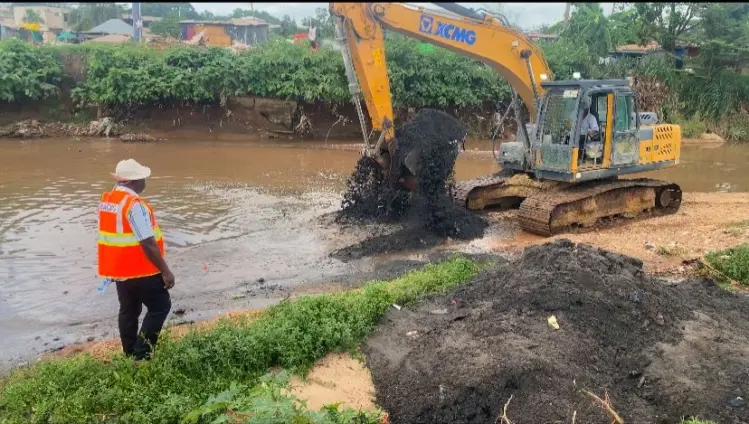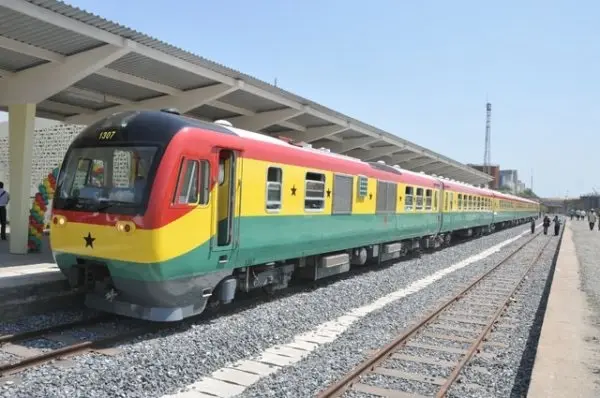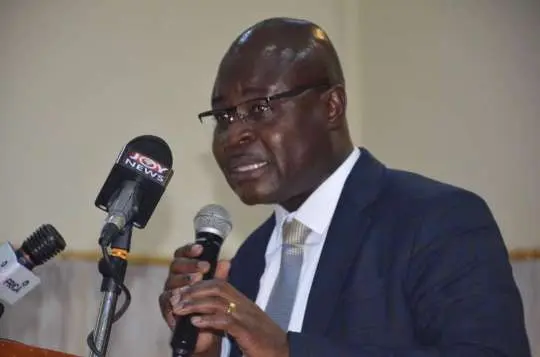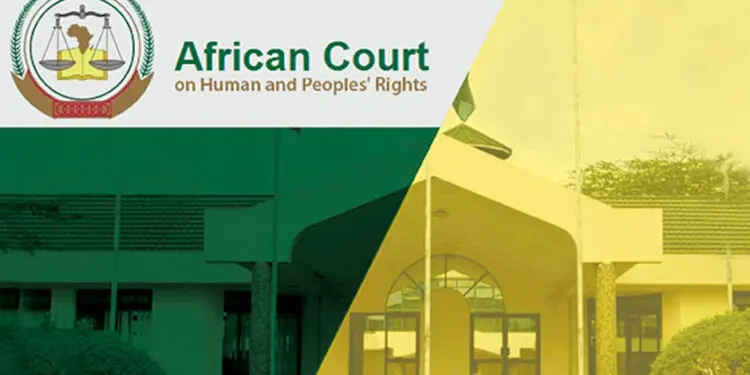The bustling streets of Ghana’s cities, often a vibrant tapestry of commerce and daily life, are increasingly marred by chaos. According to Dr. Eric Oduro Osae, a respected voice in local governance, this isn’t accidental. The Director-General of the Internal Audit Agency (IAA) recently stated on JoyNews’ PM Express that the root cause lies in the consistent bylaw failure by metropolitan, municipal, and district assemblies (MMDAs) to enforce regulations. This inaction, he argues, is directly responsible for the urban disorder that plagues many Ghanaian cities. But why this persistent failure? This article explores Dr. Oduro Osae’s insights, delving into the political interference and lack of strategic planning that perpetuate this cycle of disorder. His analysis provides crucial insights into these challenges, exploring potential pathways toward creating more organized and functional cities in Ghana.
At the heart of the problem, Dr. Oduro Osae asserts, is a fundamental breakdown in enforcement. MMDAs possess the legal authority to maintain order, yet have allowed situations to escalate. “The first reason is failure on the part of local government to be able to enforce their bylaws strictly,” Dr. Oduro Osae emphasized. This bylaw failure manifests in various ways, from unchecked street vending to lax waste disposal practices. The consequences are readily apparent: crippling traffic congestion as vendors encroach on roadways, overflowing refuse creating sanitation crises, and an overall sense of urban disarray. The existing bylaws, designed to prevent these very problems, remain largely unenforced, rendering them ineffective.
Political interference, Dr. Oduro Osae contends, significantly exacerbates the issue. The politicization of enforcement, often driven by fear of electoral backlash, prevents city authorities from taking necessary action. Chief executives, wary of upsetting potential voters, may hesitate to enforce bylaws, particularly during election years. “When you will get a chief executive who may want to keep the traders off the streets, but if it is an election year, you can be sure that this cannot happen,” Dr. Oduro Osae noted. Even outside of election cycles, political pressure from higher authorities can effectively halt enforcement efforts. This dynamic undermines sustainable city planning, prioritizing short-term political gains over the long-term well-being of the urban environment.
Beyond enforcement challenges and political pressures, Dr. Oduro Osae points to a critical absence of strategic planning. He argues that “the third one is the unavailability of medium, short, medium and long-term strategies to ensure that we keep the traders off the city.” Enforcement efforts, however well-intentioned, are ultimately unsustainable without a clear, long-term vision. Ghana’s cities, he suggests, are trapped in a loop: bylaws are ignored, politics overrule planning, and no roadmap exists to break the cycle. Without comprehensive urban planning that addresses the needs of both traders and city residents, any attempts at enforcement are likely to be temporary and ineffective. This requires a holistic approach, considering alternative livelihood programs, designated market areas, and sustainable waste management solutions.
Breaking this cycle requires a multi-pronged approach. First, strengthening local governance is paramount, empowering MMDAs to enforce bylaws without fear of political reprisal. This necessitates a clear separation of powers, insulating local authorities from undue influence. Second, strategic urban planning is essential, developing and implementing comprehensive plans that address the needs of all stakeholders. This involves engaging local communities in the planning process, ensuring that their voices are heard and their concerns addressed. Finally, promoting alternative livelihoods for traders can reduce reliance on street vending, creating more sustainable economic opportunities. By investing in skills training and providing access to resources, cities can help traders transition to more stable and regulated forms of employment.
Dr. Oduro Osae’s analysis serves as a stark reminder of the challenges facing Ghana’s cities. Bylaw failure, political interference, and a lack of strategic planning have created a complex and deeply rooted problem. Overcoming these obstacles requires a concerted effort, involving strong local governance, comprehensive urban planning, and genuine community engagement. Only by addressing these core issues can Ghana hope to create more organized, functional, and sustainable urban environments for its citizens.
Image Source: MYJOYONLINE

